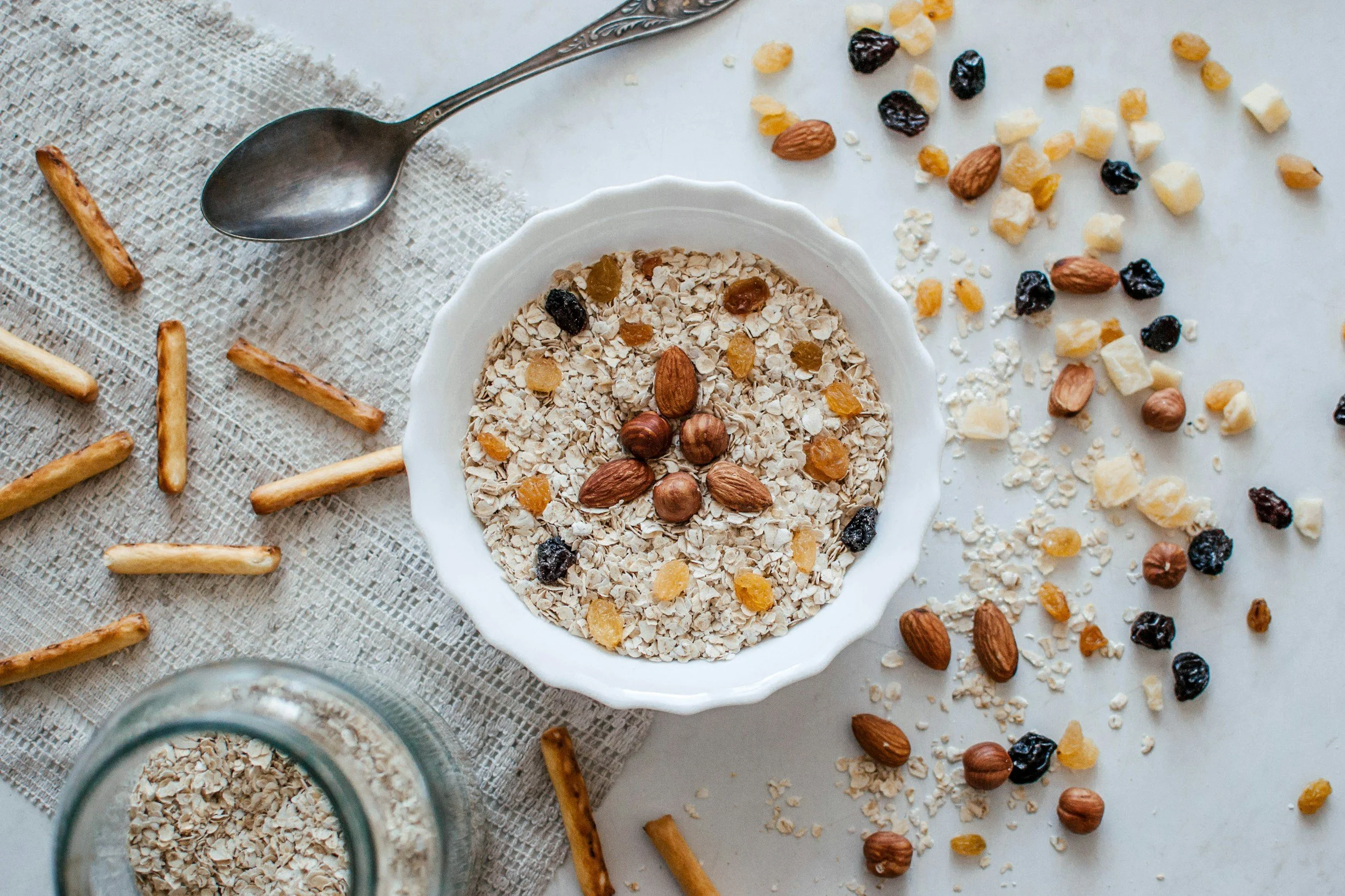Sulfites: What are They and Do They Harm Us?
You’ve probably dropped the sulfates from your shampoo - especially if you color your hair! But, what about in your diet? Should you watch out for those too?
Sulfites refer to a group of chemical ingredients that are added to processed foods and drinks mainly to serve as a preservative.
Sulfite-containing ingredients can go by several names, including:
Sulphur dioxide
Sodium sulphite
Sodium metabisulfite
Calcium sulphite
Potassium hydrogen sulphite
Sulfites are used to prevent browning/preserve color of foods, bleach flours, increase shelf life of processed foods, and maintain freshness.
Where are sulfites found?
Sulfites are commonly found in the following food and drink products:
Dried fruit
Shrimp and processed seafood
Soup mixes
Jams and jellies (sulfites present in pectin)
Baked goods and refrigerated/frozen ready-to-bake dough products (sulfites used as dough conditioner)
Canned fruit and vegetables
Shredded coconut
Molasses
Pickled foods
Beer and wine
Prepackaged citrus juice (those cute little lemon-lime shaped bottles)
Grape juice
Packaged gravy
Potato products – pre-cut, frozen, and dried, such as instant mashed potatoes
Chips
Sulfites are also naturally occurring in some fresh foods, including:
Fermented foods, like sauerkraut and sourdough
Grapes
Some cheeses, like packaged shredded cheese
What is sulfite intolerance - and are sulfites actually bad for you?
Government agencies consider sulfite ingredients as “generally recognized as safe” for human consumption at low concentrations. In most countries, like Canada, Australia, and the US, sulfites are required to be listed on all food and beverage labels.
True sulfite intolerance is rare and most people don’t experience side effects from consuming food and drink that contains sulfites.
The most at-risk population for sulfite intolerance is individuals diagnosed with asthma. It’s estimated that 3-10% of asthma sufferers are also sensitive to sulfite-containing products.
Those with impaired liver and/or kidney function may also be sensitive to sulfites. That’s because the liver and kidneys normally contain high amounts of sulphite oxidase – the enzyme responsible for converting sulfites to the sulfate form for excretion.
Symptoms of Intolerance
Symptoms related to sulfite intolerance can range from mild to severe and include:
Inflammatory skin reactions, like hives, redness, and swelling
Respiratory distress, like wheezing, coughing, and congestion
Constricted airflow and/or asthma attack
Anaphylactic shock
Stomach upset and diarrhea
If you notice any of the above symptoms following ingestion of sulfite-containing food or drink, you’re likely sensitive to sulfites, and you should consult your doctor for further testing.
Some studies suggest sulfites can damage or decrease the number of good-for-you bacteria in your small intestine, also known as the gut microbiome. A compromised gut can then lead to many other health issues.
Sulfites in red wine causes headaches, right?
Actually, the jury is still out on what exactly is to blame for the commonly-reported red wine-induced headache.
Wine contains significantly fewer sulfites compared to other products, such as dried fruit. If you don’t experience a headache after eating dried fruit, it’s unlikely sulfites in wine are causing your headache.
However, other ingredients in wine, such as histamine and tannins CAN cause headache. Of course, the alcohol itself found in wine may also cause a headache. ;)
If you experience headaches after drinking wine, make sure you’re properly hydrated, or you may just need to avoid wine altogether!
Should I avoid sulfites?
If you or a family member has asthma, you may want to consider removing sulfite-containing products from your home to minimize the risk of adverse reactions.
The good news is that focusing on a whole foods diet made up of fresh fruits, vegetables, lean proteins, whole grains, and healthy fats automatically eliminates exposure to most sources of sulfites!











